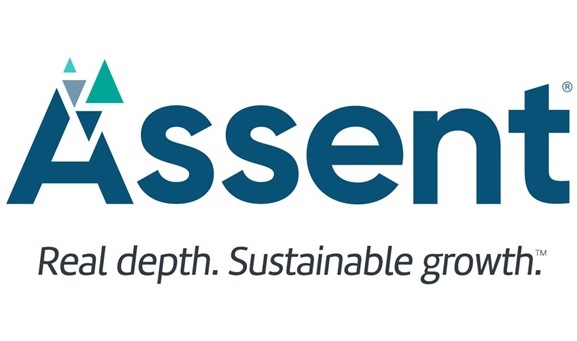Top 10 most common 'Forever Chemicals' identified, providing manufacturers with actionable insights to drive risk mitigation

Assent, the leader in supply chain sustainability management, announced new findings that highlight the widespread presence of per- and polyfluoroalkyl substances (PFAS) across global manufacturing supply chains.
The latest data, derived from more than 4.5 million supplier declarations collected through Assent’s platform, reveals 695 unique PFAS chemicals—marking a 30 percent increase over the past six months. This significant rise underscores the urgency for manufacturers to fully understand where these high-risk chemicals are embedded within their products.
Assent’s expanded dataset shows that PFAS are not only more prevalent than previously thought but are also increasingly being reported by suppliers who are becoming more knowledgeable and proactive in disclosing chemical usage. This trend is giving manufacturers greater visibility into their risk exposure and enabling more informed decision-making around compliance, risk mitigation, and product design.
Key findings from the report include:
* 3 percent of all parts analyzed contain at least one intentionally added PFAS, creating a considerable burden for manufacturers aiming to manage or replace affected components.
* Over 80 percent of Assent’s clients have detected PFAS within their supply chains.
* PTFE (Polytetrafluoroethylene) tops the list, present in more than 50 percent of positive PFAS declarations, owing to its valuable non-stick and chemical-resistant properties.
* Among clients with known PFAS usage, 82 percent have received declarations identifying multiple PFAS, amplifying regulatory and obsolescence risks.
* To date, more than 250,000 supplier declarations have reported intentionally added PFAS, reflecting the entrenched nature of these substances in global manufacturing.
“The business consequences of using PFAS—past or present—are unprecedented,” said Cally Edgren, Vice President of Regulatory & Sustainability at Assent. “In over 30 years in the compliance space, I’ve never seen anything with this level of impact. Manufacturers must now urgently understand where and why PFAS are used in their products, in order to redesign, substitute, or seek exceptions where necessary to maintain operations and reduce liability.”
Regulations governing PFAS are evolving rapidly worldwide, driven by growing evidence of their environmental persistence and human health risks. From the European Union to U.S. states like California, New York, Colorado, and Maine, restrictions and outright bans are being enacted—putting companies at greater risk of non-compliance, litigation, and supply chain disruption. Some manufacturers have already settled PFAS-related lawsuits for amounts exceeding $11 billion, illustrating the potential financial exposure.
“Global restrictions on PFAS continue to intensify, and rightly so,” said Nathan Goldstein, Senior Manager of EHS&Q at Verdantix. “As scientific understanding expands, we expect further regulatory crackdowns. Organizations that can track, report, and identify safer alternatives will be best positioned to succeed in this shifting landscape.”
Subscribe to our newsletter & stay updated.